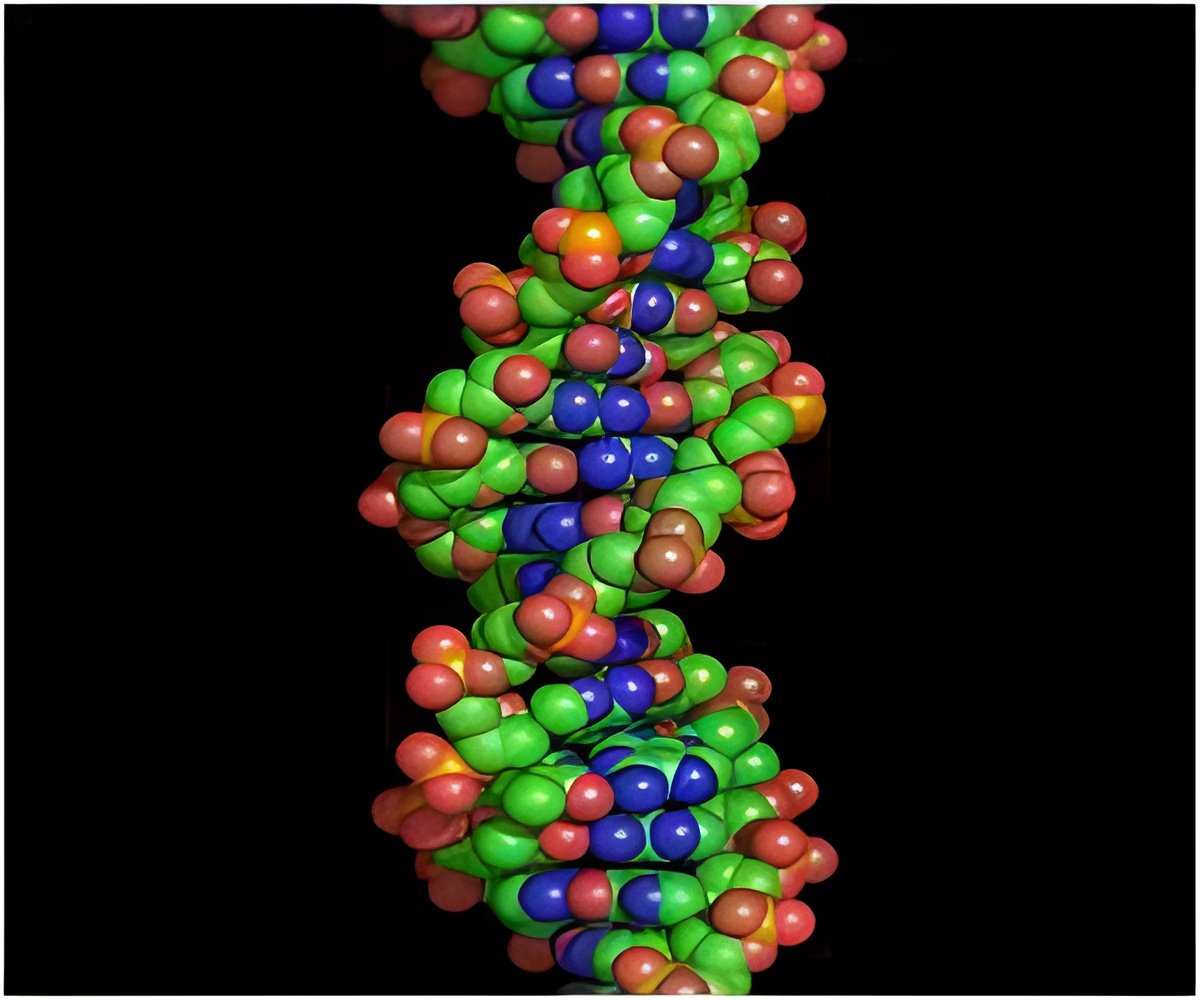The fact that the presence of a gene strongly linked to appetite regulation is highly predictive of a premature infant's readiness to feed orally was shown by Tufts Medical Center researchers.

"There's a really important need for a better understanding and a more accurate assessment of infants' feeding skills, '' said Jill L. Maron, MD, MPH, a researcher at the Mother Infant Research Institute at Tufts Medical Center. "Nearly every baby born early is at risk for feeding associated morbidities, which often lead to prolonged hospitalizations, short and long term health complications, and significant parental anxiety. This is a way of monitoring the most vulnerable babies very non-invasively. We can help guide clinical care without ever hurting them.''
Currently, caregivers use a variety of subjective measurements, such as evaluating a baby's sucking and swallowing skills, to determine when it's safe to feed a baby by mouth. But these methods are imprecise and often lead to feeding a baby too early, which can cause the child to choke, accidentally inhale breast milk or formula into their lungs leading to pneumonia, or other problems. Babies who suffer these early feeding difficulties can also go on to develop long-term feeding problems and are at risk of developmental delays. Research indicates that more than 40 percent of children in feeding disorder clinics were premature babies.
The NPY2R gene has been studied extensively because it helps regulate appetite and plays a role in both obesity and eating disorders. But no one had examined its role in prompting premature babies to eat, because most researchers were not focusing on appetite's role in newborn feeding problems.
"No one had targeted this area of research because you can't ask a baby, are you hungry?" said Maron. But, in fact, premature babies need to grow to three or four times their initial birth weight in the first year of life. This requires a voracious appetite and while researchers aren't sure exactly how it works, it appears that NPY2R suppresses that appetite.
"More research is needed to explain the biological mechanism regulating this gene in infants. However, if we can detect NPY2R in newborns' saliva, there's a 95 percent chance they won't feed for you or they will be poor feeders,'' said Maron.
Advertisement
Source-Eurekalert









